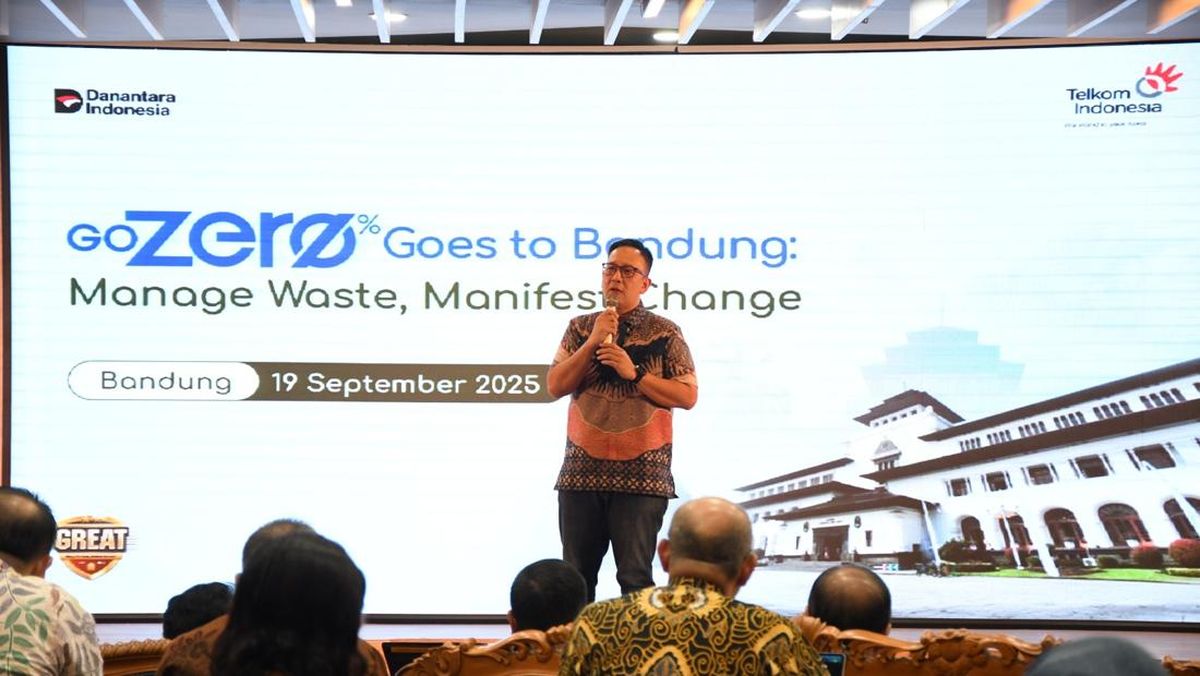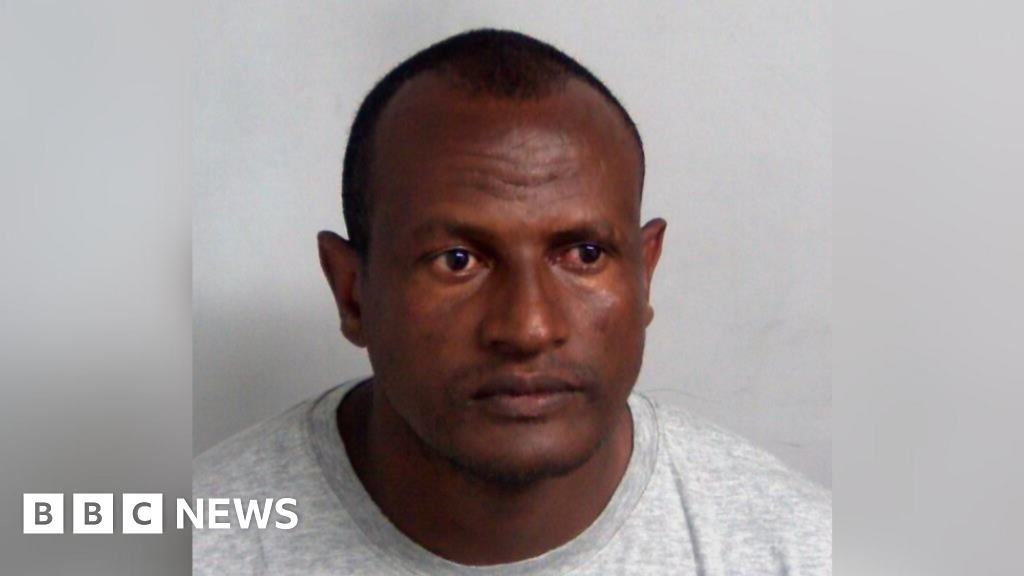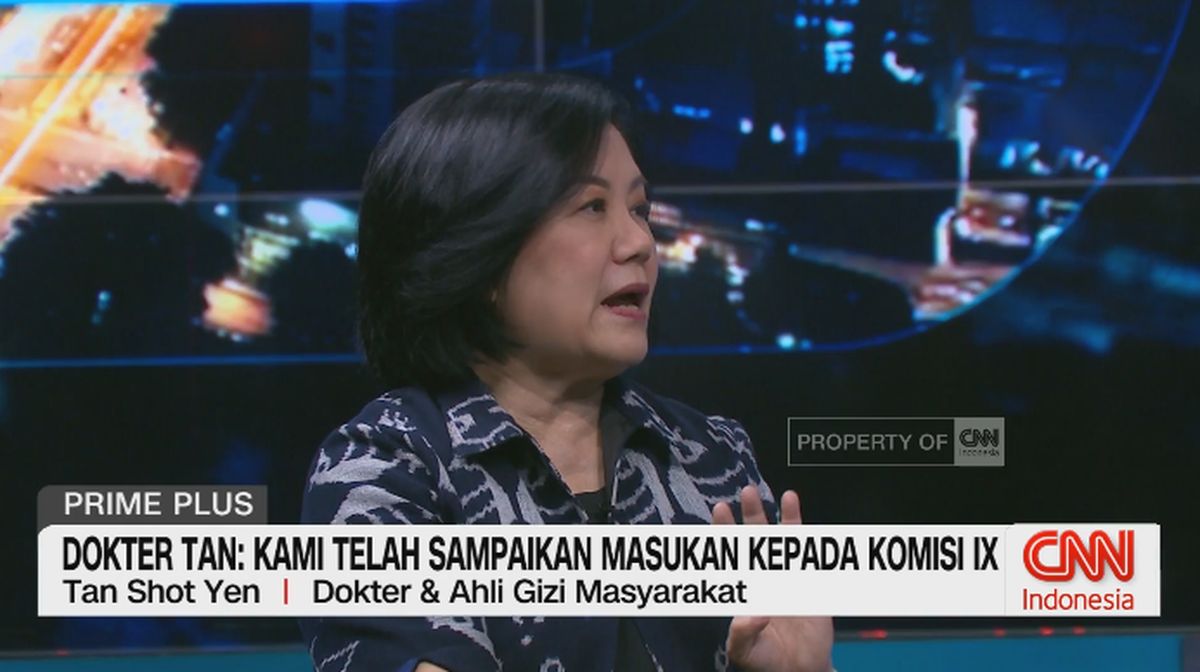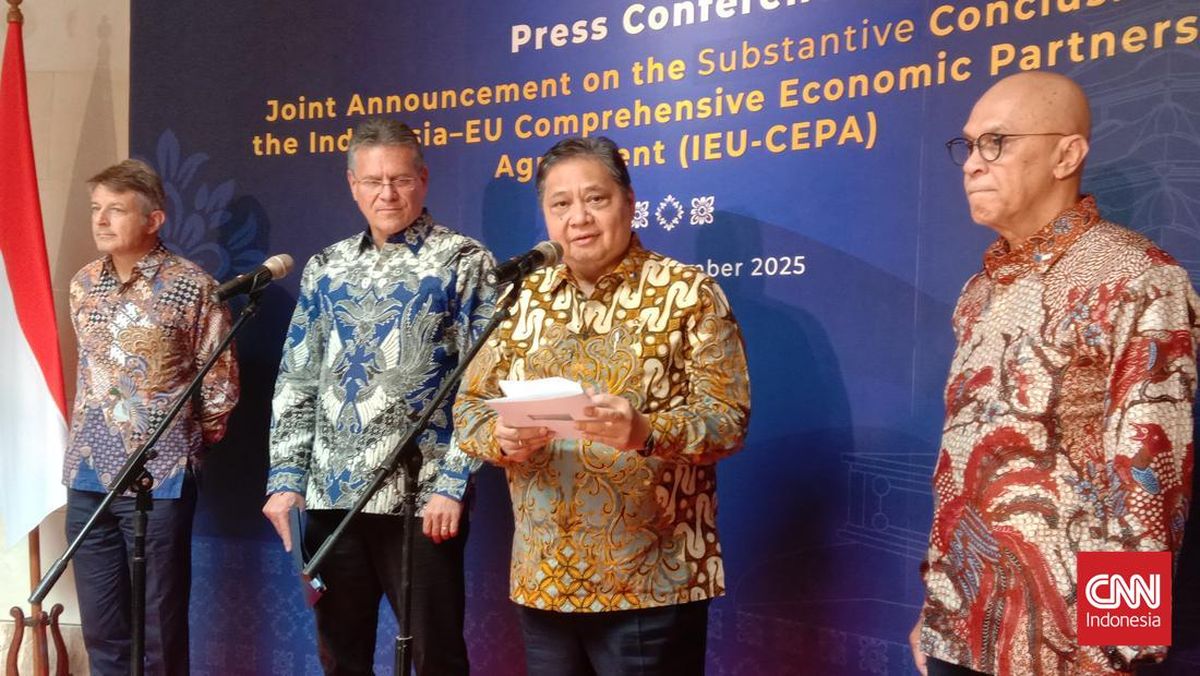Examine, a free weekly newsletter covering science with a sceptical, evidence-based eye, is sent every Tuesday. You’re reading an excerpt – sign up to get the whole newsletter in your inbox.
The discovery that a mother’s fever can cause problems for her unborn baby was made by a University of Sydney veterinarian, Professor Marshall J. Edwards, who in the 1970s first noticed hyperthermic cows often miscarried or gave birth to abnormal calves.
His observation led to the understanding that fever is a “tetragen” – something that leads to birth defects or abnormalities in a fetus.

In the midst of Trump’s attack on what he called “woke” science, researchers were shocked to discover that women were considered to be a minority group.Credit: Illustration: Marija Ercegovac
“That was really important, and from there we realised we need to be treating women who had a fever,” says Debra Kennedy, Associate Professor at UNSW’s School of Women’s and Children’s Health. High fever in early pregnancy increases the risk of miscarriage, neural tube defects, cleft palate and heart defects.
That US President Donald Trump has launched an unfounded attack on an easily accessible and safe treatment for fever now directly compromises the health of women and their babies by ignoring decades of evidence.
Acetaminophen or paracetamol, known by the brand name Tylenol in the US and Panadol in Australia, is one of the most widely studied and most-used drugs in the world, yet Trump has branded it as a cause of autism in wilful defiance of researchers who, almost unanimously, agree the drug does no such thing.
The fearmongering claims paraded by Trump and his administration have perpetuated his war on women’s health and failed neurodiverse communities by wrongly casting autism as a disease that needs fixing, experts in the field say.
It’s the latest, dangerous advancement in an ideological pattern that seeks to undermine science and capitalise on conspiratorial thought for political gain.
Women’s health in the firing line
Under Trump’s presidency, the overturning of Roe v Wade – which removed the constitutional right to abortion – has devastated large swathes of the country’s female reproductive health services.
Experts say cuts to the Centre of Disease Control and Department of Health and Human Services programs for maternal and child health have made it more dangerous to be pregnant in the US.
In the midst of Trump’s attack on what he called “woke” science, researchers were shocked to discover that 50.9 per cent of the US population – women – were considered to be a minority group when the administration slashed funding for a landmark “Women’s Health Initiative”.

US President Donald Trump in the Roosevelt Room of the White House during a press conference in which he wrongly linked acetaminophen (paracetamol) with autism.Credit: Bloomberg
The study is one of the longest-running and largest of its kind internationally, involving 40 research centres and data from more than 160,000 women since its launch in 1991. It’s responsible for a series of significant discoveries that have dramatically changed clinical practice, from hormone treatment in menopause to diet advice and supplements for reducing cancer deaths.
In a rare reversal, the study’s funding was restored in May, following an overwhelming outcry from medical experts and scientists.
Now, by broadcasting misinformation that will undoubtedly make some people hesitate to take paracetamol during pregnancy, Trump has endangered the health not just of women in the US but worldwide.
The danger of misleading advice
Pregnant women are understandably vigilant about any exposures that could affect their babies. Fears over medication side effects can be traced back to thalidomide: a drug to treat morning sickness in the 1950s and early 1960s that led to more than 10,000 babies being born with birth defects. Thalidomide had been poorly tested, rushed to market and advertised as safe for pregnant women and their babies.

Mothersafe director Dr Debra Kennedy at the Royal Hospital for Women.Credit: Max Mason-Hubers
When mainstream media and social media amplify claims that pregnant women should avoid taking a recommended medication, “women are caught between a rock and a hard place,” Kennedy says.
“They want to do the best for their baby and for their pregnancy, and we don’t want to see people not being adequately treated because of information that is not evidence-based. It’s important that women be given balanced information from reputable sources,” she said.
The problem is that medical advice is not always clear, and human beings are notoriously ill-equipped to assess the quality of data and weigh up the evidence of potential risks and benefits when the stakes are so high and emotionally charged.
“Pain relief for pregnant women is woefully lacking and paracetamol is a much safer pain relief option during pregnancy than basically any other alternative,” Dr Monique Botha, an associate professor in developmental psychology at Durham University in the UK, said. “The fearmongering will prevent women from accessing the appropriate care during pregnancy.
“Further … it reinvigorates the long pattern of maternal shame and blame as we’ve seen re-emerge repeatedly over the last 70 years where we try to lay the fault of autism at the mother’s door one way or another.”
Loading
A debate dragged back by decades
For people with autism and researchers in the field, the debate has been dragged back by decades.
“The announcements today and the way it’s framed has taken our current understanding of autism and spun it back to maybe 1980,” says Andrew Cashin, a professor who researches autism at the Southern Cross University. “Autism is just being framed as a disease, something in need of treatment, cure and prevention,” he says, rather than a natural neurotype; a particular way of thinking within the broad spectrum of human diversity.
Trump touted the other unproven claim that chemo drug leucovorin can treat autism, a claim studied on such a small scale that one of the trials referenced by the FDA only involved 40 participants.
The promise of leucovorin is flimsy at best, but even the idea that autism necessarily needs “fixing” is unhelpful, says Professor Dawn Adams, an international leader in autism research from La Trobe University.
“Autism is not something that needs treating or to be cured, it’s a neurodevelopmental difference. When we frame it as a condition that needs ‘fixing’, we risk adding to the stigma autistic people already face,” she says.
“What really makes a difference for autistic people is the right supports: inclusive classrooms, workplaces that adapt to needs, communities that understand communication and sensory differences, and policies shaped by good-quality research.
“Autistic people don’t need treatments or cures. They need a world that accepts and values them for who they are.”
Pregnant women and new mothers can contact MotherSafe – a free telephone counselling service for women and their healthcare providers concerned about drug or environmental exposures during pregnancy and breastfeeding.
Enjoyed Examine, our free weekly newsletter covering science with a sceptical, evidence-based eye? Sign up to get the whole newsletter in your inbox.
Most Viewed in National
Loading


















































